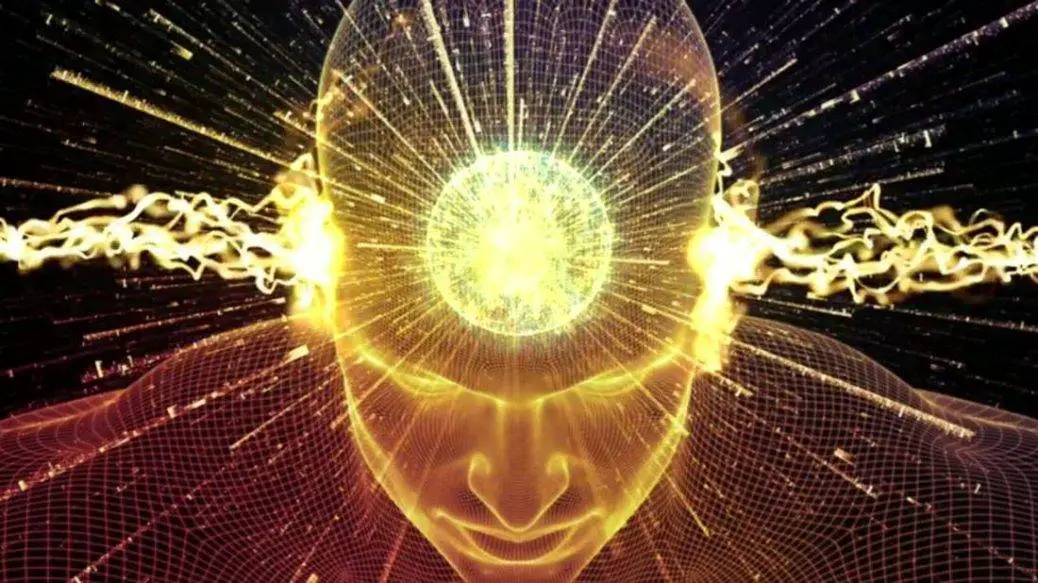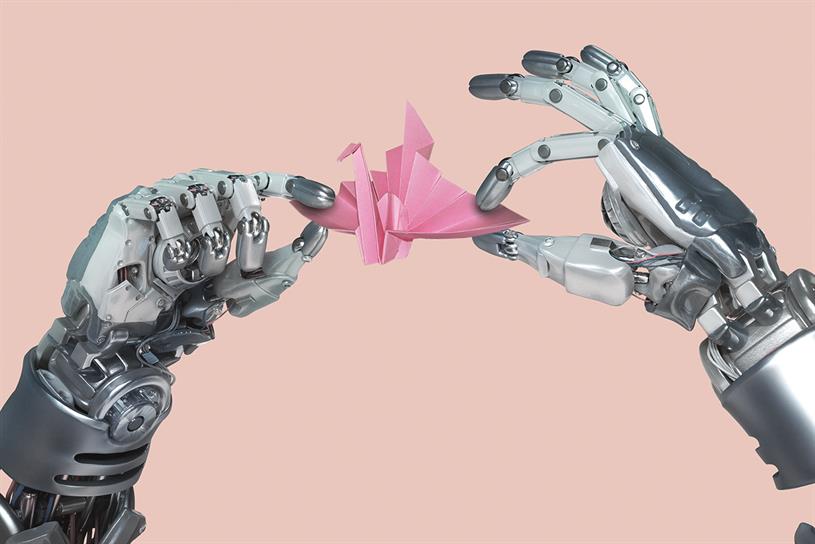Exploring the Limits of AI: What Machines Can’t Do

Artificial intelligence (AI) has made remarkable progress in recent years, demonstrating impressive capabilities in a wide range of domains, including image recognition, natural language processing, and decision-making. However, it’s essential to recognize that AI also has limitations and boundaries beyond which it cannot operate. Understanding these limitations is crucial for responsible and realistic expectations about AI’s potential and impact.

1. Lack of General Intelligence:
AI systems are designed to excel at specific tasks or domains, but they lack the general intelligence and common sense that humans possess. This means they cannot handle unexpected situations, adapt to novel scenarios, or make inferences beyond the data they have been trained on.
2. Limited Contextual Understanding:
AI systems are trained on vast datasets, but they often struggle to understand the nuances, context, and subtle meanings inherent in human language and interactions. This hinders their ability to engage in meaningful conversations or navigate social situations effectively.
3. Absence of Consciousness and Subjectivity:
AI systems do not possess consciousness, self-awareness, or subjective experiences. They cannot feel emotions, have opinions, or experience the world as humans do. This limits their ability to empathize, make moral judgments, or exhibit creativity in the same way humans can.
4. Susceptibility to Bias:
AI systems are prone to biases that can be introduced during data collection, training, and algorithm design. These biases can lead to unfair or discriminatory outcomes, reinforcing existing societal prejudices and perpetuating inequities.
5. Limited Physical Abilities and Embodiment:
AI systems exist primarily as software programs or algorithms. They do not have physical bodies or the ability to manipulate objects or interact with the physical world in the same way humans do. This limits their applications in tasks that require physical dexterity, motor skills, or embodiment.
6. Ethical and Societal Concerns:
The rapid advancement of AI raises ethical and societal concerns that need careful consideration. Issues related to data privacy, algorithmic transparency, accountability, and the potential impact of AI on employment, inequality, and societal values require thoughtful navigation.
7. Inability to Handle Uncertainty:
AI systems are trained on structured and labeled data, which allows them to make predictions within a certain range of possibilities. However, they struggle when faced with uncertain or ambiguous situations where there is a lack of clear patterns or sufficient data.
Conclusion:
Understanding the limitations of AI is crucial for responsible and realistic expectations about its potential. It’s important to recognize that AI systems are not replacements for human intelligence but rather tools that can augment and enhance human capabilities. By acknowledging the boundaries of AI, we can focus on developing and deploying it in ways that benefit humanity while mitigating potential risks and unintended consequences.# Exploring the Limits of AI: What Machines Can’t Do
Executive Summary

Artificial intelligence (AI) has made remarkable progress in recent years, leading to fears that it may one day surpass human capabilities. However, there are fundamental limitations to what AI can achieve, stemming from the inherent differences between machines and humans. This article identifies and explores five key areas where AI is fundamentally limited, highlighting the unique strengths of human cognition and creativity.
Introduction
AI has become an integral part of our lives, transforming industries, streamlining tasks, and even challenging human capabilities. From self-driving cars to AI-powered chatbots, machines have demonstrated impressive abilities that were once thought to be exclusive to humans. Yet, despite these advancements, there remain fundamental limitations to what AI can achieve. These limitations stem from the intrinsic differences between machines and humans, particularly in the areas of consciousness, creativity, empathy, and ethics.
1. Consciousness and Self-Awareness
Consciousness and self-awareness are fundamental aspects of human existence. They allow us to experience the world, reflect on our thoughts and emotions, and make decisions based on our unique perspectives. AI, on the other hand, lacks subjective experience and self-awareness. It can process information, learn from data, and generate responses, but it does not possess the ability to feel, think, or experience emotions. This lack of consciousness limits AI’s ability to understand and relate to human experiences, hindering its capacity for empathy and moral reasoning.
-
Subjective experience: AI lacks the ability to experience the world in a subjective way, depriving it of the capacity to feel emotions, thoughts, or sensations.
-
Self-awareness: AI lacks self-consciousness and the ability to recognize itself as a distinct entity with a unique perspective, hindering its capacity for introspection and self-reflection.
-
Moral reasoning: Without consciousness and self-awareness, AI lacks the ability to make moral judgments based on ethical principles and values, making it challenging to navigate ethical dilemmas.
2. Creativity and Innovation
Creativity and innovation are inherent human qualities that allow us to generate new ideas, solve problems in novel ways, and produce original works of art, literature, and technology. AI, on the other hand, is primarily designed to follow instructions, process data, and perform tasks efficiently. While AI can be trained on vast amounts of data and algorithms to generate creative content, it lacks the intrinsic motivation, inspiration, and emotional depth that fuel human creativity.
-
Intrinsic motivation: AI lacks the inherent curiosity, passion, and drive that motivate humans to explore, experiment, and create.
-
Emotional depth: AI lacks the emotional experiences and the capacity to empathize with human feelings, limiting its ability to connect with audiences and create emotionally resonant content.
-
Unpredictability and spontaneity: AI’s creativity is constrained by its reliance on algorithms and data, lacking the unpredictable and spontaneous nature of human creativity, which often leads to groundbreaking ideas and innovations.
3. Empathy and Social Intelligence
Empathy and social intelligence are essential human qualities that allow us to understand the feelings, thoughts, and perspectives of others. We use these abilities to navigate social interactions, build relationships, and cooperate effectively. AI, on the other hand, struggles to understand and respond to human emotions, intentions, and social cues. While AI can be trained to recognize facial expressions and analyze speech patterns, it lacks the ability to genuinely empathize with others or comprehend the subtleties of human social interactions.
-
Understanding emotions: AI lacks the capacity to experience emotions itself, making it challenging for it to recognize and understand the emotional states of others.
-
Recognizing social cues: AI may struggle to interpret nonverbal cues, such as body language, tone of voice, and facial expressions, which are crucial for effective communication.
-
Navigating social interactions: AI’s inability to understand human emotions and social cues can hinder its ability to build relationships, collaborate effectively, and resolve conflicts.
4. Common Sense and Practical Reasoning
Common sense and practical reasoning are essential for navigating the complexities of everyday life. Humans rely on their experiences, knowledge, and intuition to make decisions, solve problems, and adapt to changing circumstances. AI, on the other hand, often lacks the common sense and practical reasoning abilities that humans take for granted. It may struggle to understand implicit knowledge, make inferences based on limited information, and handle unexpected situations that require quick thinking and adaptation.
-
Inferences and assumptions: AI may struggle to make inferences and assumptions based on incomplete or ambiguous information, which can lead to incorrect conclusions or inappropriate actions.
-
Handling unexpected situations: AI may lack the ability to adapt to unexpected situations, as it may not have been trained on a sufficiently diverse range of scenarios or data.
-
Understanding context and nuances: AI may struggle to understand the context and nuances of a situation, leading to misinterpretations and inappropriate responses.
5. Ethics and Moral Reasoning
Ethics and moral reasoning are fundamental human qualities that guide our behavior and decision-making. Humans have the capacity to reflect on moral principles, weigh the consequences of our actions, and make choices that align with our values. AI, on the other hand, lacks the inherent moral compass that humans possess. It can be programmed with ethical guidelines and trained on moral datasets, but it cannot truly understand the complexities of ethical dilemmas or make moral judgments based on ethical principles.
-
Understanding ethical principles: AI may struggle to understand the nuances and complexities of ethical principles and their application in real-world situations.
-
Weighing consequences and values: AI may lack the ability to weigh the consequences of its actions and consider the values at stake, leading to decisions that may be unethical or harmful.
-
Navigating moral dilemmas: AI may struggle to navigate moral dilemmas that require balancing competing values and making difficult choices, as it may not have the capacity to prioritize one value over another.
Conclusion
In conclusion, while AI has made remarkable strides and continues to advance rapidly, there are fundamental limitations to what it can achieve. Consciousness, creativity, empathy, common sense, and ethical reasoning

Very interesting article! I had never thought about the limitations of AI in this way before.
I’m not so sure I agree with the author. I think AI is capable of much more than we give it credit for. It’s just a matter of time before AI surpasses human intelligence.
The author makes some good points about the limitations of AI. However, it’s important to remember that AI is still a relatively new technology. It’s likely that we will overcome many of these limitations in the future.
Oh, please. AI is going to take over the world any day now. We’re all doomed!
I find it ironic that an article about the limits of AI is written by a human. Isn’t that a bit hypocritical?
AI is like a toddler. It’s always learning and growing. But it’s still a long way from being able to tie its own shoes.
I think the author raises some important points about the limitations of AI. However, I believe that AI has the potential to overcome these limitations in the future. AI is still in its early stages of development. As we continue to learn more about AI, we will find ways to make it more creative, empathetic, and compassionate.
I’m not sure I’m comfortable with the idea of AI becoming too powerful. I think it’s important to proceed with caution as we develop this technology.